Although mobile games have often been criticized because of their lower graphical qualities, micro-transactions, and pay-to-win mechanics, they’ve still been able to find an large audience over the years. With that rising prevalence, many gamers have put aside their past views due to improved technology and higher-quality development as the games in question have begun providing experiences closer to console games, with some mobile games even being ported to consoles themselves.
At Anime Expo 2018, we talked to Global PR Director for KLab Games, Mark Mowbray, about worldwide releases, the different anime and manga based mobile titles they’ve released in the past few years, how they handle different IPs, and what’s next for them.
GameSkinny: Captain Tsubasa is much more popular in Japan and Latin America, with very few English translated versions of the source material, so what made you decide to release Captain Tsubasa: Dream Team worldwide?
Mark Mowbray: Captain Tsubasa is very big in Japan and also Latin America, but I’d also like to mention that the series itself is really famous worldwide, especially in Europe. A lot of people there grew up with the series, and now they’re adults and some are even professional soccer players who talk about how Captain Tsubasa inspired their love for the game.
The game is also very popular in the Middle East. When we released the global version in December of last year, there were six languages –English, French, Italian, German, Spanish, and traditional Chinese. Once it was out, we were very surprised to see that we had a ton of players from the Middle East and North Africa. We ended up getting a lot of requests for Arabic language support, so we actually just added Arabic and Brazilian Portuguese to the game in June.
Thanks to that, we’ve reached more of South America and Latin America. Of course, in Asia, it’s been very popular — Hong Kong, Taiwan, Macao. I can’t thank all our players enough for how well they have received the game.
GS: For Captain Tsubasa: Dream Team, do you have a specific favorite character just in general from the series? Personally, mine is Genzo Wakabayashi due to the struggle he has to go through with his leg injury.
MM: That’s a good question. Personally, I think Taro Misaki might be my favorite character just because of what he’s had to deal with. You know, he grew up raised by a single dad who was an artist following his dream, and they had to move around from city to city so he could paint different scenes.
He met Tsubasa, our main character, in elementary school and they played soccer together, but then he had to move away and say goodbye to all his friends. Over the course of the series, Tsubasa and Misaki stay friends through the power of soccer and their love of the sport. I really respect that about him.
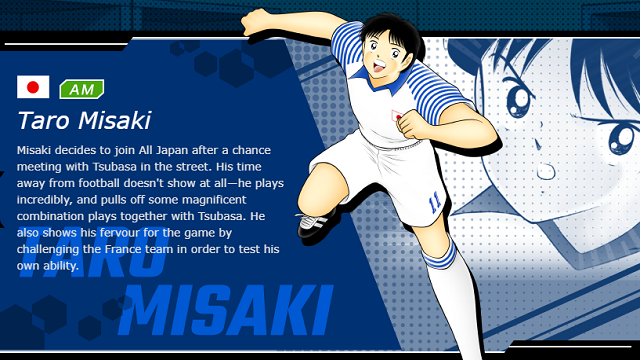
GS: In the past few years there has been a stigma against mobile games, but it seems to be going away a bit. Why do you think that might be?
MM: I think mobile games have evolved significantly over the past few years. When you look at mobile games in 2012 and 2013, a lot of them were just puzzle games, quick one-pop apps that you could only play five or six times before you were done for the day. Mobile games now are much closer to the console games and PC games of yesteryear.
Everyone’s got a smartphone these days, the games are easy to pick up and play, and you can play any time, whenever, wherever when you want.It’s the future of gaming. I have nothing but love for console games and PC games, but mobile games are now a legitimate gaming platform, and I’m very happy to see that that stigma is going away, especially in North America. There is none of that stigma in many other markets around the world, so I think North America is one of the last markets where that’s finally going away.
GS: Most of your games are adapted from different manga and anime series such as Bleach: Brave Souls, Captain Tsubasa: Dream Team, and the upcoming Japanese release of YU☆YU☆HAKUSHO 100% Maji Battle. Is there a certain selection process for which series you choose to make a game out of and how you get the rights to these properties?
MM: We work with Shueisha, the publishers of Shonen Jump, on many different projects. We also work with the Love Live! and Utano☆Princesama series. When there’s a series that makes sense for a game and there’s an entrenched fanbase who we feel will enjoy the quality content we can offer them, we’re very actively open to making a game based on that.
GS: Which of your mobile titles do you think had the most difficulty during development?
MM: As someone who is not on any one development team, what I can say is that each title has its own unique development process, with a lot of blood, sweat, tears, and, most importantly, love that goes into everything. Every game takes years and years to develop, and the feeling when it finally releases to the public is amazing.
I think Captain Tsubasa: Dream Team has blown me away because it came out of the gate a winner. The global version came out December of last year and its success has been stunning.”
GS: KLab has an upcoming mobile online RPG, Magatsu Wahrheit. Can you tell us a bit more about that?
MM: Magatsu Wahrheit is a KLab original title that we’re really excited about. If you’ve seen any of our previews, you know that this game has stunning visuals for a mobile game. It’s slated for release in Japan later this year; pre-registration started on June 7.
We’ve got an animated project in the works for it as well, so it’ll be touching on multiple genres of media. I think if the game is a hit, it could mean big things for KLabGames.”
—
A big thanks to Mark for taking the time out of his busy expo schedule to allow us to interview him. Captain Tsubasa: Dream Team, Bleach: Brave Souls, Love Live! School Idol Festival, and Utano☆Princesama Shining Live are all available worldwide for iOS and Android.
Stay tuned to GameSkinny for more news and info on Magatsu Wahrheit as it develops.

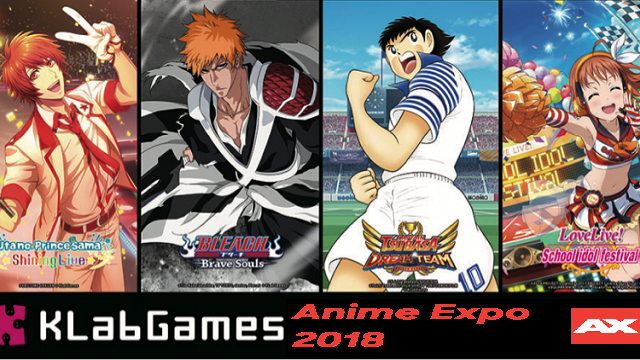
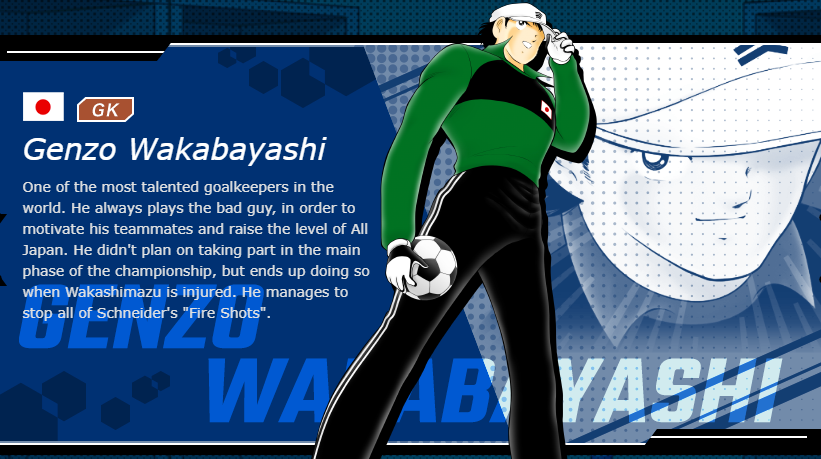
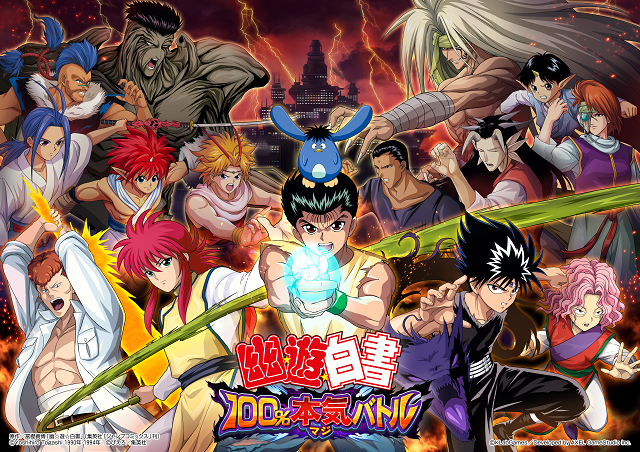
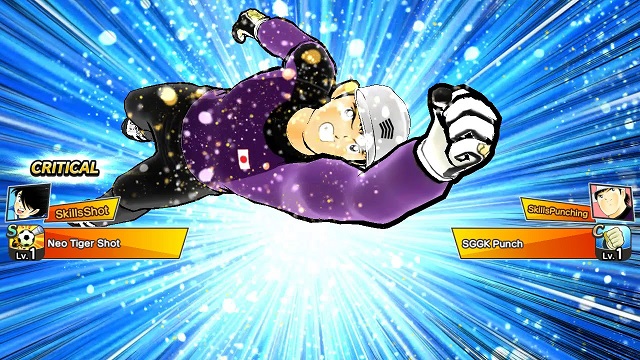
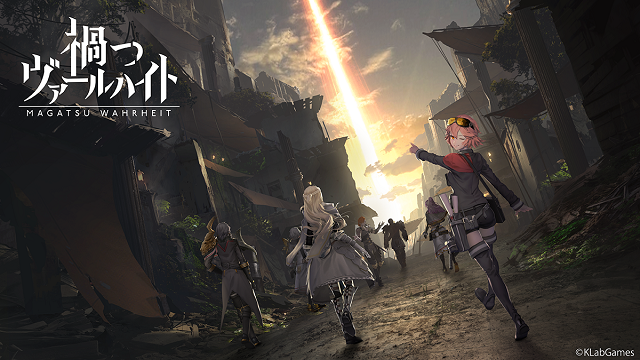





Published: Aug 1, 2018 03:58 pm